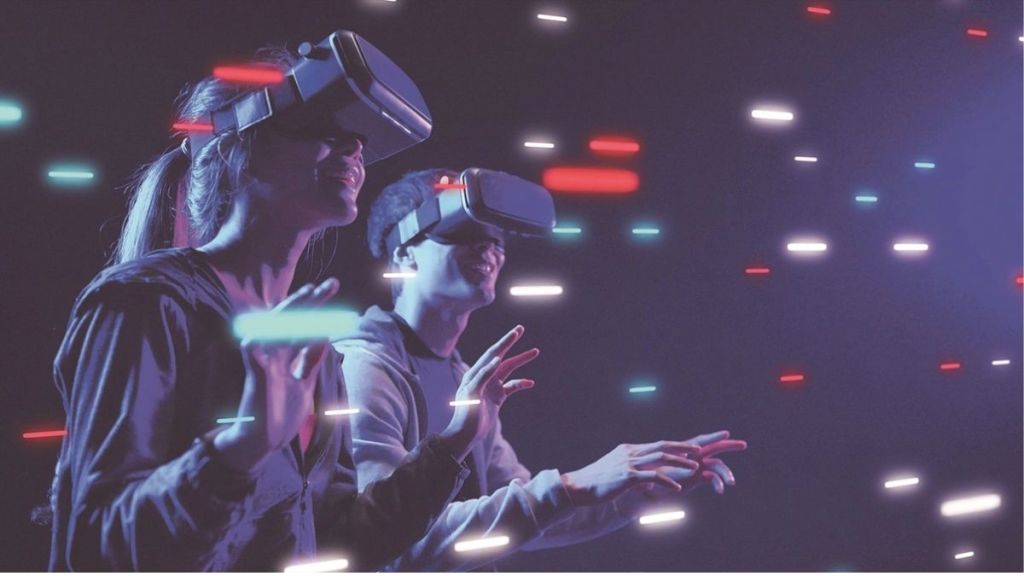India stands to gain big time from technological evolution such as Metaverse, Web3.0, among others. Furthermore, a recent Deloitte report suggests that a sustained investment in these sectors is expected to yield economic output of around $79 to $148 billion per year by 2035. This is expected to translate to 1.3-2.4% of the overall Gross Domestic Product (GDP) of the country, the report added. “Metaverse has the ability to transform not just the education industry but workplace, training, and other sectors can benefit from it too. The immersive environment that it offers is the need of the hour across domains to skill people,” Manasa Rajan, CEO, Jupiter Meta, told FE Education Online.
For the ed-tech industry Metaverse is expected to open new market opportunities. “It will enable ed-techs to cover fields such as medical education which has remained outside of its foray due the requirement of practical application. Through Metaverse students will have the opportunity to study human anatomy in a seemingly real environment while enjoying virtual learning,” Abhinanda Sarkar, director, Academics, Great Learning, explained. It is believed that Metaverse can further help in gamifying exams which can help in solving a lot of challenges within the education system. For example, children who find it difficult to understand questions in an online setting during an exam, are expected to no longer face such issues as teachers can help them through Metaverse Avatars.
Another factor which is expected to accentuate digital in the educational space is 5G technology clubbed with Metaverse. “It will change a lot in the way teaching is disseminated and learning accessed,” Suresh Krishnamurthy, founder, HelloAR, said. All in all, the advent of Metaverse across the digital economy could help in achieving the biggest targets.
Also Read: Simplilearn raises $45 million in new funding round led by GSV Ventures


